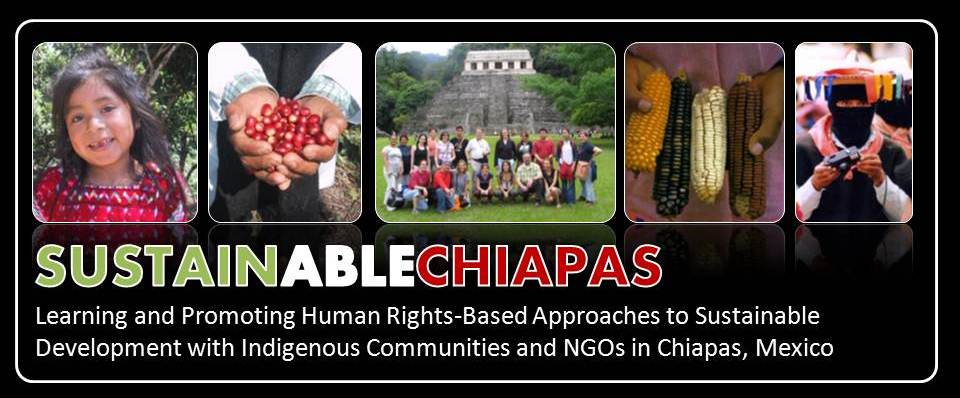
There has been lots of speculations, research, achievements and setbacks in the Millennium Campaign and the MDGs. These simple goals and their specific targets are a simple road map for poverty reduction and sustainable development worldwide.
They are a reminder that this generation can (and should) end poverty. We know what it works. We have the technical capacity, intellectual knowledge and the financial resources to make it possible having a world without extreme poverty. We need to realize that, as U2’s Bono observes “The destinies of the halves are intrinsically linked to the fates of the have-nothing-at-alls.” Dr. Jeffrey Sachs reminds us that our generation can choose to end extreme poverty by 2025. Every year, eight million people die because they are too poor to survive. Every morning, more than 20,000 people perish because of extreme poverty.1 Every three seconds a child dies of extreme poverty. The poor themselves can create a poverty-free world – all be have to do is to free them from the chains that we put around them and create partnerships for global solidarity. The MDGs are one of those concrete steps that we can talk to make a difference for the future of our world.
The United Nations Development Program (UNDP) has been very active in the promotion of the Millennium Development Goals (MDGs), the most broadly supported, comprehensive and specific development goals the world has ever agreed upon. These eight time-bound goals provide concrete, numerical benchmarks for tackling extreme poverty in its many dimensions. They include goals and targets on income poverty, hunger, maternal and child mortality, disease, inadequate shelter, gender inequality, environmental degradation and the Global Partnership for Development.
"Adopted by world leaders in the year 2000 and set to be achieved by 2015, the MDGs are both global and local, tailored by each country to suit specific development needs. They provide a framework for the entire international community to work together towards a common end – making sure that human development reaches everyone, everywhere. If these goals are achieved, world poverty will be cut by half, tens of millions of lives will be saved, and billions more people will have the opportunity to benefit from the global economy." (UNDP)
The eight MDGs break down into 21 quantifiable targets that are measured by 60 indicators.
 Goal 1: Eradicate extreme poverty and hunger
Goal 1: Eradicate extreme poverty and hunger-
 Goal 2: Achieve universal primary education
Goal 2: Achieve universal primary education  Goal 3: Promote gender equality and empower women
Goal 3: Promote gender equality and empower women Goal 4: Reduce child mortality
Goal 4: Reduce child mortality Goal 5: Improve maternal health
Goal 5: Improve maternal health Goal 6: Combat HIV/AIDS, malaria and other diseases
Goal 6: Combat HIV/AIDS, malaria and other diseases Goal 7: Ensure environmental sustainability
Goal 7: Ensure environmental sustainability Goal 8: Develop a Global Partnership for Development
Goal 8: Develop a Global Partnership for Development

United Nations Millennium Campaign | Facebook
Millennium Campaign - White Bands
STAND UP 2010 | Stand Against Poverty
Millennium Campaign - White Bands
DePaul University and the MDGs

